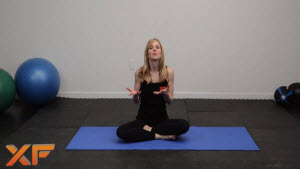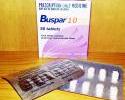Most people experience anxiety in stressful circumstances such as taking a school exam, going on a first date, meeting a work deadline, getting married, or divorced.
On the plus side, anxiety can be motivating. To reduce an anxious feeling we might study for an upcoming test, use our time at work productively, or resolve conflicts that could lead to more serious relationship problems.
However, when anxiety is excessive or unrelenting it can be debilitating, preventing us from living our life as we would wish. Sometimes it is difficult to know whether our anxiety is distressing but normal, or intense enough to quality as an anxiety disorder.
Anxious vs Anxiety Disorder
Anxiety is something we typically feel as a reaction to a definable stressor. An approaching presentation at work, a job interview, or a shouting match with our best friend can set our nerves on edge. If the stressful event involves a person, idea, or thing that is important to us the anxiety level may be intense.
People diagnosed with anxiety disorders are generally anxious all the time, or most of the time. Though specific stressors may be identifiable, their anxiety continues without distressing events. Daily tasks such as doing the laundry or paying the bills might seem overwhelming and insurmountable, and not completing tasks naturally ramps-up anxiety.
A typical way of coping with an anxiety disorder is to avoid doing the activities that appear to cause or increase the anxiety. To experience symptom relief, anxious individuals might stay home from school or work, isolate instead going out with friends, and put off doing chores that eventually must be done.
Normal anxiety can continue for hours or several days. Problematic anxiety persists for weeks or months, and people with anxiety disorders frequently have anxiety responses to events that seem "over the top."
Finally, excessive anxiety is frequently aggravated by an onslaught of uncomfortable symptoms such as:
- dizziness, headaches, light-headedness
- sweating, pounding heart, shaking
- nausea, stomach cramps
- feeling like you cannot get enough air
- trouble focusing, concentrating
- racing or repetitive negative thoughts
It is fortunate that of the various psychological conditions, anxiety is one of the most responsive to treatment. If you suspect your anxiety is excessive and struggle to meet everyday commitments, consider speaking with a professional counselor.
Photo credit: sasrul ekram / flickr creative commons









